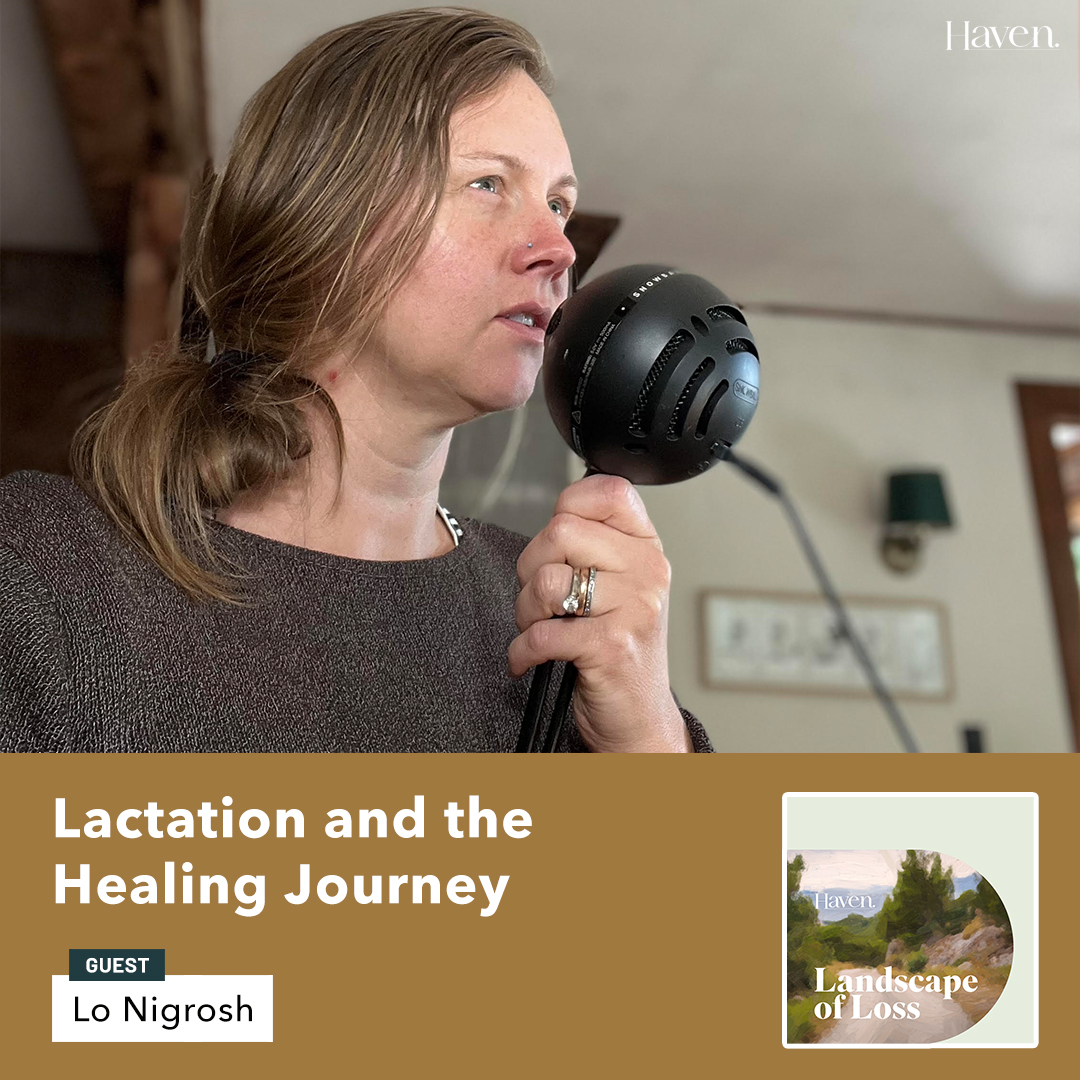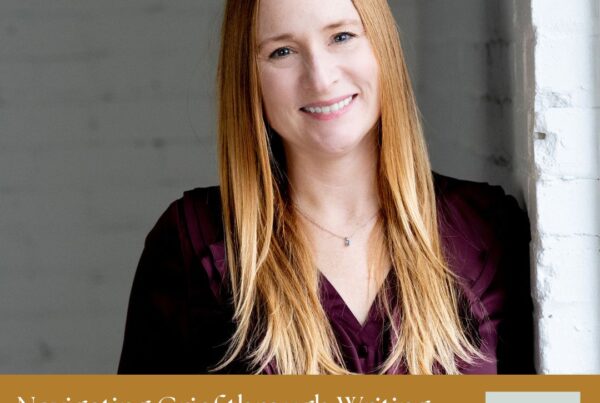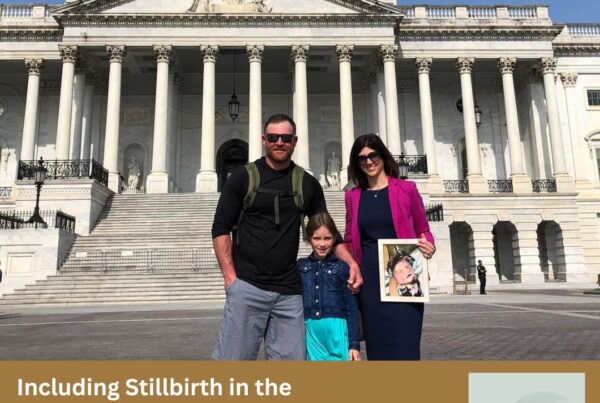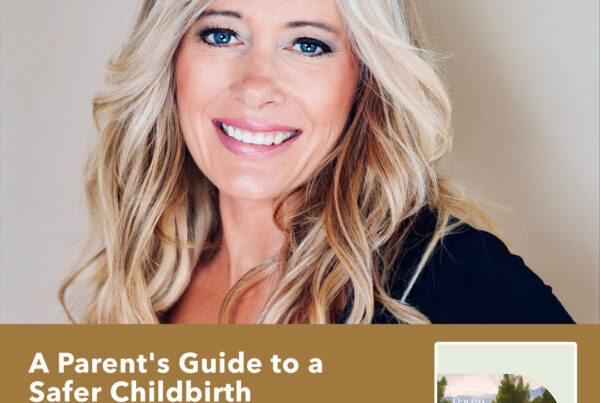First-time mothers are rarely prepared for the full spectrum of biological changes that happen during pregnancy, and as a society, we have created an endless list of assumptions around what motherhood and pregnancy should look like. But there are countless pregnancies that don’t adhere to these textbook expectations. And too often when women struggle with issues like postnatal depression, they are left feeling isolated, alone, and abnormal. Such was the case for today’s guest, Lo Nigrosh when she found herself unable to lactate and feed her first child. Her experiences led her on a journey to become a certified lactation counselor, childbirth educator, and host of the podcast The Milk Making Minutes. In our conversation, Lo explains the systemic barriers she encountered during her struggles, the inexplicably long process of becoming a lactation counselor, and what she has learned from helping women on their lactation journeys. We also cover the intricacies of how lactation is triggered during different phases of pregnancy, how to address lactation after the traumatic loss of your baby, and why donating breast milk can be a healing journey for some. This episode carries a trigger warning for miscarriage, pregnancy, and infant and child loss, so please listen with care.
Key Points from this Episode:
- Get to know today’s special guest, Lo Nigrosh.
- Lo’s difficult experience struggling to breastfeed her first child.
- The systemic barriers that Lo encountered during her struggles.
- Why she decided to become a lactation counselor.
- An overview of the long process of becoming a lactation counselor.
- What Lo has learned from her time as a peer counselor and lactation counselor.
- Understanding mammary glands and how breast milk is created.
- A breakdown of the three stages of lactogenesis.
- The lactation that occurs when you lose your baby and why it is called ‘white tears’.
- How to address the lactation you experience after the loss of your baby.
- Examples of infections and complications that can occur when the lactation you experience after the loss of your baby is not treated correctly.
- Some of the options you have to donate your breast milk after a loss.
- Why breast milk donation could be part of your healing journey.
- How mothers who have experienced a miscarriage or lost their baby aren’t adequately prepared by doctors for how their bodies will react.
- Learn about Lo’s podcast The Milk Making Minutes.
- How Lo’s podcast explores breastfeeding struggles and triumphs through the lens of systemic barriers.
Tweetables:
“I intensely struggled to breastfeed my first child. That intense struggle really made me feel like this has to be easier.” — Lo Nigrosh [0:02:03]
“Sometimes people have a friend who has low milk supply, or a relative that has low milk supply, and they would like to give it to somebody they know, and that’s part of their healing journey. That is a perfectly valid way to respond to a loss.” — Lo Nigrosh [0:19:26]
“Milk production was not discussed with people who experienced a loss until very, very recently.” — Lo Nigrosh [0:22:05]
“So many people go home with no instructions about their milk making, about how to find comfort, about what will be happening to their bodies. Then they get into a situation where they have an infection, or they’re extremely engorged and they’re just left to deal with it on their own. On top of all the other things.” — Lo Nigrosh [0:22:16]
Links Mentioned in Today’s Episode:
The Milk Making Minutes Community Group
The Milk Making Minutes Podcast
Human Milk Banking Association of North America




